FAQs of the Adoption Law Firm
Frequently Asked Questions of the Adoption Law Firm by birth parents and, especially, birth mothers.
Click any question to see our response. Of course, we invite you to call the Adoption Law Firm to begin an initial consultation and get much more specific answers to your unique endeavor.
California law (Penal Code Section 273) specifies that in addition to the birth mother’s medical and counseling expenses, the adopting parents are also allowed to pay the birth mother’s pregnancy-related living expenses, for the period of time that she is unable to work because of the pregnancy. In practice, this generally means that they can pay her living expenses for the last 3 months of the pregnancy, and continue until her doctor authorizes her to return to work, usually at 4-6 weeks following the delivery. There are some conditions and limitations on these expenses, so be sure to talk to us about the specifics of your situation so that we might give you the best possible advice.
California law specifically allows an adopting family to pay the birth mother’s medical bills and counseling bills. It is customary for them to cover those expenses to the extent that the bills are not covered by health insurance, or Medi-Cal, or other similar programs.
As soon as the pediatrician discharges the baby from the hospital, and as soon as you say it is okay.
You will be asked to provide as much information as you know about him.
Yes, California law, and the laws of many other states, already provide for that.
For example, in a California adoption, one of the consent papers you will be asked to sign at the time of the placement, asks you whether you authorize the State of California to provide the child with your name, last known address, and last known telephone number, should the child request that information upon attaining the age of majority.
Therefore, if you want your child to be able to find you in the future, the State will assist the child in finding you. If you do not want the child to be able to find you in the future, the State will not assist the child, and the State will respect your right to privacy. It is your choice.
Also, you can change your mind about that choice later, and you can write to the State Department of Social Services, specifying your wishes on this issue.
Absolutely!
You have complete control over who you select, and this includes in the area of religion, the type of couple, or if there are other children in the home. You can ask whatever questions you wish to ensure you have the peace of mind that can only come from knowing that you personally chose the best possible home for your child.
We work with couples all over the United States, although most of them are California residents. There are special rules that apply when a child is born in a different state from where the couples reside. We handle interstate adoptions all over the United States.
They would like to know first and foremost: How YOU are doing with the pregnancy. As much as you want to share, they like to know. It’s nice to share a bit about who you are in the sense of- What are your interests? What is important to you regarding your baby? As much as you are willing to share!
As much information as you are willing to share. If they are to raise the child, they will need to have a complete health history, so that they can obtain the best possible medical care for the child.
Also, the more they know about you, the better they can anticipate the needs and interests of the child. It is also important to discuss your talents and interests.

